RESEARCH PROJECTS AND CONTRACTS


ERASMUS + CIRCULAR ECONOMY IN PRACTICE PROJECT
Coordinator
2020-1-ES01-KA204-082082
The CE-IP project aims to develop new training solutions that can help to match the expected expansion of green job opportunities with skilled workers, to promote a shift towards a more sustainable economy. The project will focus on the circular economy in the textile sector.
Twitter
Instagram
Facebook
Link
File
ECOMAYA PROJECT
Partners
EuropeAid/169021/DD/ACT/
The project is part of a process of social transformation and economic valuation in beekeeping production, promoting innovation and beekeeping development at the local level.
The aim is to enable women and young people to extract and sell honey and join the circular economy.
Twitter
Instagram
Linkedin
Facebook
Link
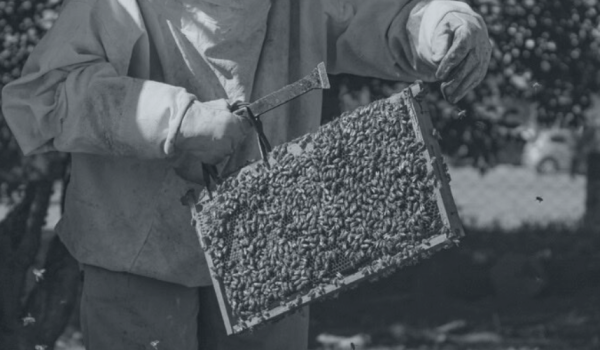
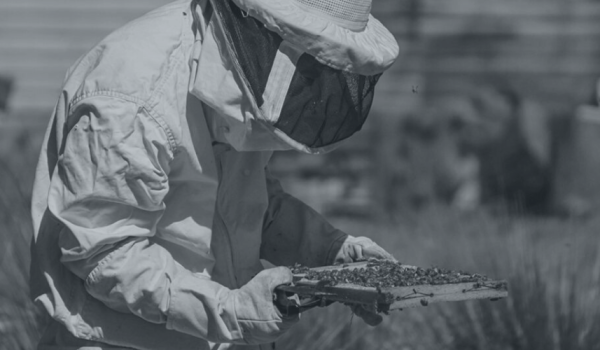
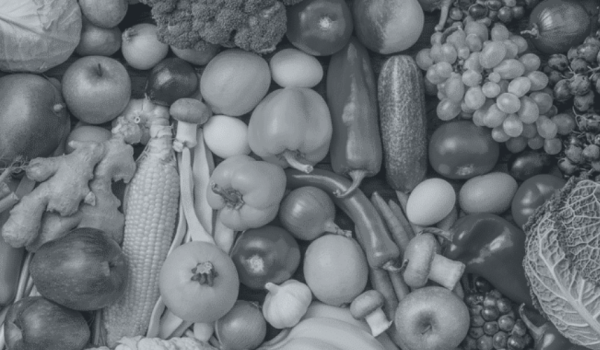
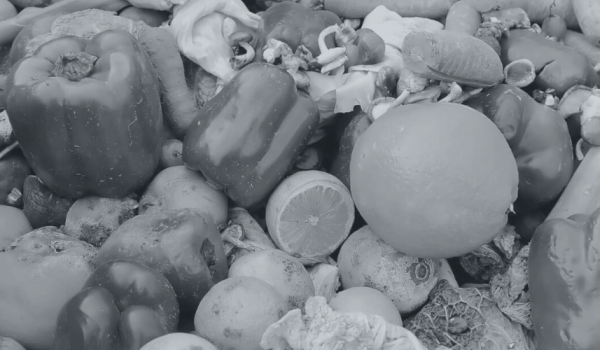
TONOWASTE PROJECT
Coordinator
Grant agreement ID: 101059849
ToNoWaste (Towards a New Zero Food Waste Mindset Based on Holistic Assessment) is a project funded by the Horizon Europe Programme which aims to overcome food waste with a multidisciplinary approach that considers not only agronomic, economic, environmental and business model challenges, but also other cross-cutting aspects such as psychology, law and social innovation to also fight gender and social inequalities.
OTHER PROJECTS
METHODOLOGICAL PROPOSAL FOR ASSESSING SUSTAINABILITY: APPLICATION TO THE HOTEL AND CATERING SECTOR
FINANCING ENTITY: Jaume I University.
DURATION FROM 30-12-18 to 29-12-21
COORDINATION: Ángeles Fernández Izquierdo
NEW BUSINESS MODELS IN THE CONTEXT OF A DIGITALISED WORLD: LEGAL PERSPECTIVE AND HOLISTIC ANALYSIS OF SUSTAINABILITY
FINANCING ENTITY: MICINN RETOS Programme
DURATION FROM 30-12-18 to 29-12-21
COORDINATION: María Pilar Alguacil Marí
CA18101 – SOURDOMICS SOURDOUGH BIOTECHNOLOGY NETWORK TOWARDS NOVEL, HEALTHIER AND SUSTAINABLE FOOD BIOPROCESSES
FUNDING ENTITY: COST action
WP9 COORDINATION: María Jesús Muñoz-Torres
DURATION FROM 01-01-19 to 29-12-23
COORDINATION: Dr João ROCHA
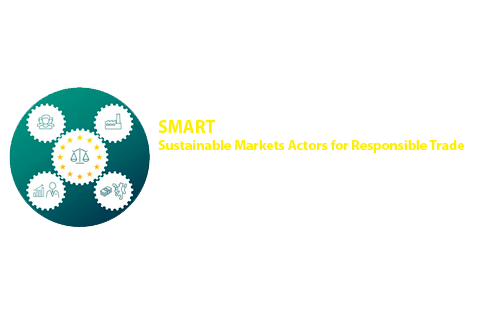
SMART identifies the factors that enable businesses and other market actors to realise their unfulfilled potential to contribute in their own way to development-friendly, environmentally and socially sustainable business, trade and investment.
We have contributed in Work Package 5: Sustainability Assessment Guidelines.
Work Package leader: María Jesús Muñoz Torres, Jaume I University
WP5 has produced a science-based framework for analysing the extent to which companies are operating sustainably. This Guide presents a logical framework to assess sustainability, integrating different well-known tools and processes, as well as others created specifically for this Framework.
WP5 designed this Guide as a manual of processes and tools for analysing environmental, social, economic and governance factors, in order to operationalize the assessment of the sustainable management of an organization within a life cycle perspective. WP5 structured the Guide in two parts. In the first part, WP5 presented the fundamentals that were used as a basis for the definition of the Sustainability Assessment Framework. In a second part, WP5 developed the Framework in detail. For that end, WP5 defined three processes (traceability, assurance and continuous improvement) that operationalize the framework and second, WP5 deepened in the three steps that conduct an analysis of the organization and the different tools proposed to assess sustainability. This work is presented in the D5.4 report.
WP5 also tested the suitability of this Sustainability Assessment Framework based on two case studies belonging to two sectors, the textile and mobile phone sectors. In each of the two sectors, WP5 considered three scenarios designing global supply chains with companies operating in a broad range of countries and applying different end of life strategies (see report D5.6).
Public reports:
- D5.1 Lifecycle thinking: Issues to be considered.
-
D5.2 List of best practices and KPIs of the textile products life cycle.
-
D5.3 List of best practices and KPIs of the mobile phone cycle.
-
D5.4 Sustainability assessment guide.
-
D5.5 Multi-criteria Decision Framework to Assess Supply Chain Management.
-
D5.6 Testing Sustainability Assessment Tool in the selected case studies from Textile and Mobile Phone Sectors